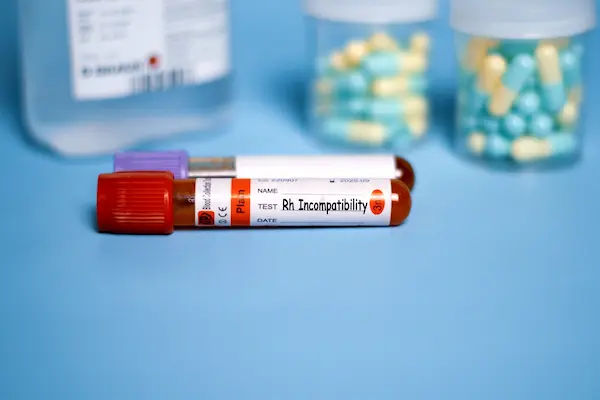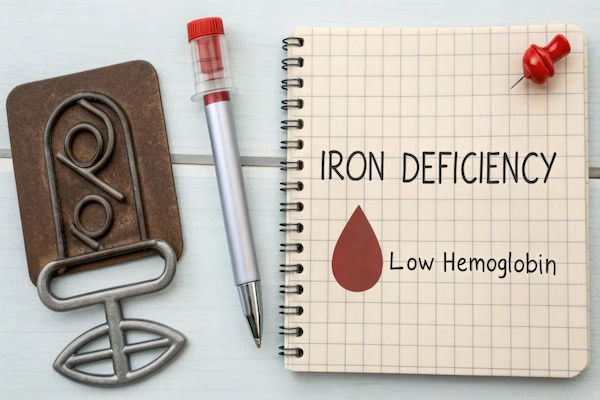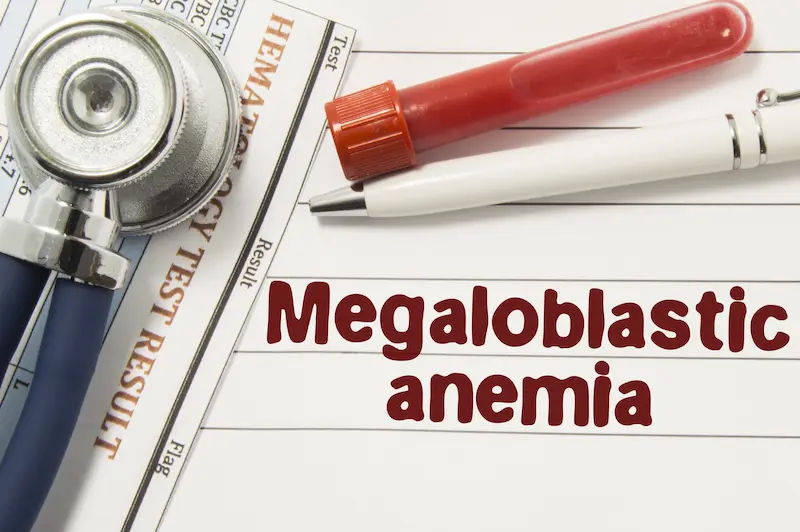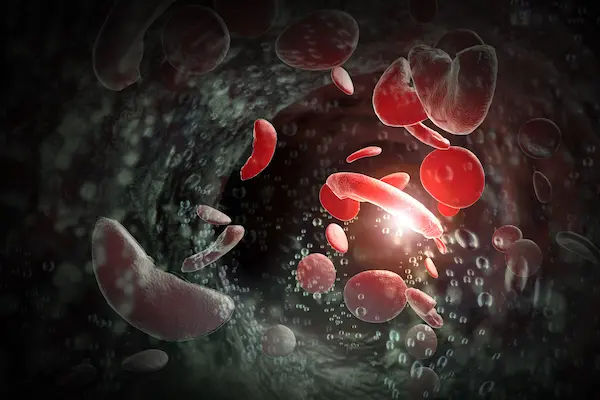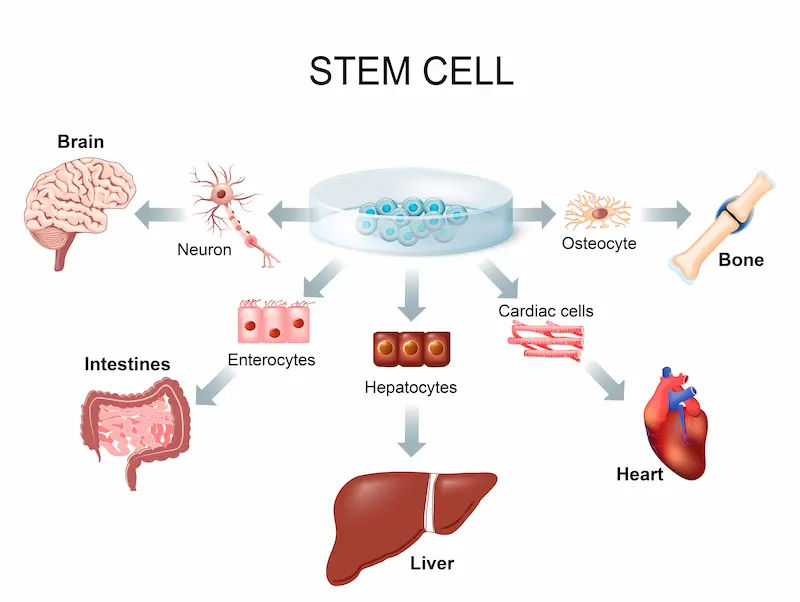- female
- 25 Years
- 20/02/2025
I'm really worried about my swollen lymph nodes in the posterior triangle. It's been about 5 months now, and even though the FNAC report says they're reactive, theyre still hard, tender, and moveable. I finished the antibiotics my doctor prescribed, but the swelling hasnt gone down. Could it be possible for lymph nodes from an infection to stay swollen for this long? What should I do next?
More Haematology Health Queries
View allI've been noticing some random bruises popping up on my thighs, mainly on the top or side, for over 6 months now. Any idea what might be causing this?
That could be Fungal infection, maintain personal hygiene and visit Dermatologist for appropriate management
Answered by 1 Apollo Doctors
I'm dealing with a pretty low vitamin B12 level, around 72Pgml, and I've been having some back and shoulder pains. Sometimes I even feel a bit dizzy. Could this be linked to the low B12? What can I do to get it back to normal?
To address a low vitamin B12 level of 72 pgmL, consider the following steps: consult your doctor about starting vitamin B12 supplements, either orally or through injections, aiming for a daily dose of 2.4-2.6 mcg; increase dietary intake of B12-rich foods, such as fish, meat, poultry, eggs, dairy products, and fortified plant-based milk; and address potential underlying causes of deficiency, such as gastrointestinal disorders or medication interactions; regarding symptoms, yes, low B12 levels can cause back and shoulder pain, dizziness, fatigue, and numbness or tingling sensations, so correcting the deficiency may help alleviate these symptoms.
Answered by 1 Apollo Doctors
I'm on the 9th day of my Dengue treatment, and my platelet count is at 36k. Everything else in my body and reports seems okay. I've been eating and drinking as much as I can to try and boost the count, but for the past two days, it's been stuck between 24k and 36k. I'm not sure what else I should do. Any advice?
it is normal
Answered by 1 Apollo Doctors
Disclaimer: Answers on Apollo 247 are not intended to replace your doctor advice. Always seek help of a professional doctor in case of an medical emergency or ailment.

